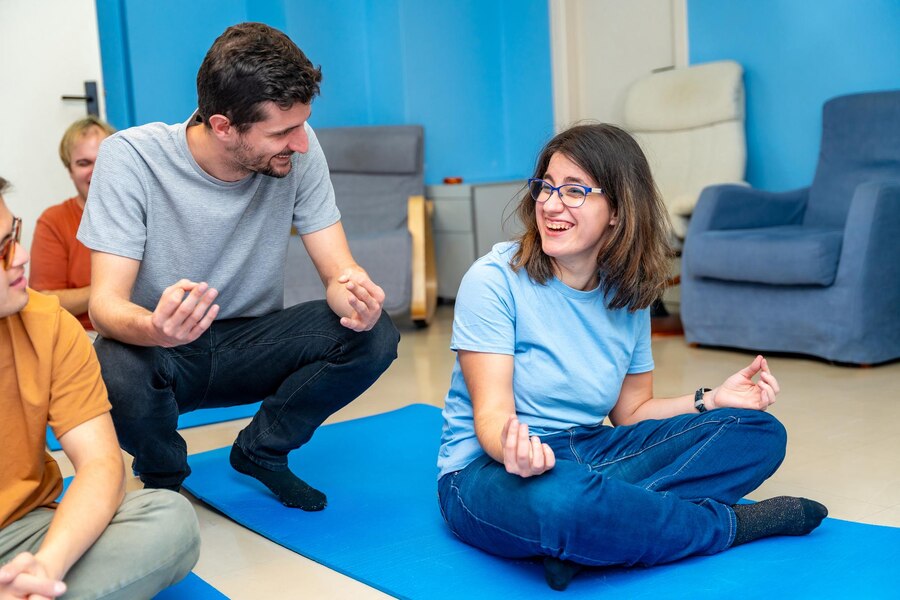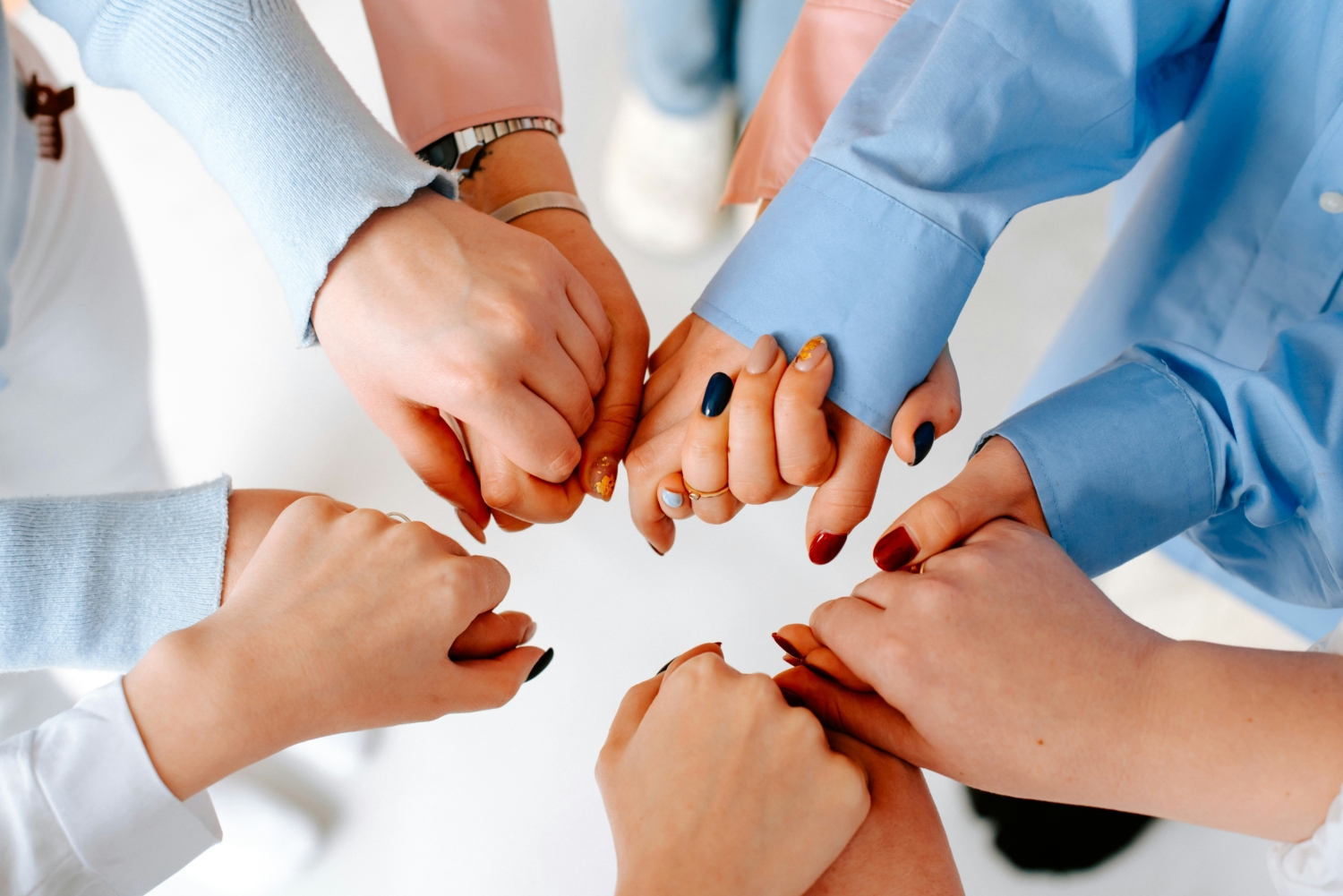Family support plays a crucial role in the rehabilitation process, especially in couples rehab settings. It involves the active participation of family members in the recovery journey, providing emotional, practical, and psychological assistance. This support can significantly enhance the effectiveness of the treatment program, fostering a conducive environment for recovery and healing.
In couples rehab, family support not only helps individuals in their personal recovery but also strengthens the relationship between partners. By involving family members in the treatment process, couples can address underlying issues, improve communication, and build a stronger foundation for lasting recovery.
The Role of Family Support in Couples Rehab
Family support is integral to couples rehab as it helps address the broader context of addiction and recovery. Involving family members in the process provides a comprehensive support system that can aid in understanding and managing the complexities of addiction. This support helps couples navigate the challenges of recovery together, enhancing their chances of success.
The role of family support extends beyond emotional encouragement. It includes practical aspects such as participating in therapy sessions, learning about addiction and recovery, and providing a stable and supportive environment at home. This involvement fosters a collaborative approach to treatment, making the recovery process more effective.
Understanding the Dynamics of Couples in Rehab
Couples rehab focuses on the unique dynamics of relationships where both partners are struggling with addiction or related issues. Understanding these dynamics involves recognizing how addiction affects the relationship, including patterns of behavior, communication styles, and emotional responses.
By addressing these dynamics, couples rehab aims to improve relationship functioning and support each partner’s individual recovery. Understanding and working through these dynamics can lead to healthier interactions and a more robust support system for both individuals involved.
Benefits of Involving Family in the Recovery Process
Involving family members in the recovery process offers numerous benefits. It helps build a support network that reinforces the treatment goals and provides encouragement. Family involvement can lead to better understanding and empathy, reducing conflict and fostering a supportive environment.
Additionally, family participation in rehab can help address relationship issues that may have contributed to addiction. By working through these issues together, couples can strengthen their bond and develop healthier patterns of communication and interaction, enhancing their overall recovery.
How Family Dynamics Affect Addiction and Recovery
Family dynamics play a significant role in both addiction and recovery. The ways in which family members interact, communicate, and support one another can impact the progression of addiction and the success of recovery efforts. Dysfunctional family dynamics can contribute to the development and maintenance of addictive behaviors.
Understanding these dynamics helps in identifying and addressing issues that may hinder recovery. By improving family relationships and communication, couples can create a more supportive and positive environment that facilitates effective treatment and lasting recovery.
Strategies for Effective Family Participation
Effective family participation in rehab involves several strategies. These include attending family therapy sessions, engaging in open and honest communication, and actively supporting each partner’s recovery goals. Families should also educate themselves about addiction and recovery to better understand the challenges involved.
Creating a structured approach to involvement ensures that family members contribute positively to the recovery process. By adopting these strategies, families can play a vital role in supporting their loved ones and promoting a successful rehabilitation experience.
Family Therapy: What to Expect
Family therapy is a key component of couples rehab, designed to address relationship issues and improve communication between partners. During family therapy sessions, therapists work with the couple and their family members to explore dynamics, resolve conflicts, and develop healthier interaction patterns.
Family therapy provides a safe space for expressing feelings, discussing issues, and working through challenges. It helps in understanding the impact of addiction on relationships and fosters collaborative efforts to support recovery, ultimately contributing to a more cohesive and supportive family environment.

Communication Skills for Supporting a Partner in Rehab
Effective communication is essential for supporting a partner in rehab. This involves using clear, empathetic, and constructive communication techniques to express support, address concerns, and resolve conflicts. Active listening, expressing feelings without blame, and offering encouragement are crucial aspects of supportive communication.
Developing these skills helps in maintaining a positive and supportive relationship, which is essential for both partners’ recovery. By fostering open and honest dialogue, couples can strengthen their bond and work together towards achieving their recovery goals.
Setting Boundaries and Expectations
Setting boundaries and expectations is an important aspect of family support in rehab. Boundaries help define what is acceptable behavior and what is not, providing a clear framework for interactions and relationships. Expectations involve outlining what each partner and family member should contribute to the recovery process.
Establishing boundaries and expectations helps create a structured environment that supports recovery and minimizes potential conflicts. It also ensures that all parties involved are aware of their roles and responsibilities, contributing to a more effective and harmonious treatment experience.
Addressing Co-Occurring Issues in Relationships
Co-occurring issues, such as mental health conditions or unresolved relationship conflicts, often accompany addiction. Addressing these issues is crucial for a comprehensive recovery process. Couples rehab provides a platform to explore and work through these co-occurring issues in a supportive and therapeutic setting.
By addressing co-occurring issues, couples can improve their overall well-being and strengthen their relationship. This holistic approach ensures that all aspects of addiction and its impact are considered, leading to more effective and lasting recovery outcomes.
Supporting Your Partner’s Recovery Journey
Supporting a partner’s recovery journey involves providing encouragement, understanding, and practical assistance. This includes being present during therapy sessions, offering emotional support, and helping to implement recovery strategies at home.
Active support helps reinforce the commitment to recovery and contributes to a more positive and stable recovery environment. By being involved and supportive, partners can strengthen their relationship and enhance the overall success of the recovery process.
Dealing with Relapse and Setbacks as a Couple
Relapse and setbacks are common challenges in the recovery process. Addressing these issues as a couple involves maintaining open communication, seeking additional support, and working together to overcome obstacles. It’s important to approach relapses with compassion and a focus on solutions rather than blame.
Managing relapse and setbacks effectively requires resilience and a commitment to recovery. By working through these challenges together, couples can strengthen their recovery efforts and build a more robust support system for long-term success.
Creating a Supportive Home Environment
Creating a supportive home environment is essential for sustaining recovery. This involves maintaining a positive, stress-free atmosphere, implementing healthy routines, and supporting recovery goals. A supportive home environment helps reinforce the progress made during rehab and contributes to ongoing success.
Fostering a supportive environment involves making practical changes to the home setting, such as eliminating triggers and promoting healthy habits. By creating a conducive environment for recovery, couples can enhance their overall well-being and strengthen their commitment to long-term sobriety.
Familiy Support at Couples Rehab
Family support is a critical component of couples rehab, providing emotional, practical, and psychological assistance throughout the recovery process. By understanding the role of family support, involving family members in therapy, and addressing relationship dynamics, couples can enhance their recovery journey and build a stronger foundation for lasting change. For more information on how to involve your family in the recovery process, contact us at Couples Rehab. We are here to provide guidance and support in navigating this important aspect of your recovery journey.
FAQs
How can family members support a couple in rehab?
- Answer: Family support is crucial for successful couples rehab. Offering emotional support, understanding, and encouragement can significantly impact the couple’s recovery journey.
What role does family play in couples addiction recovery?
- Answer: Family members are essential in couples addiction recovery. By providing a strong support system and attending family therapy sessions, families can contribute to long-term sobriety.
How can I help my loved ones prepare for couples rehab?
- Answer: Assisting your loved ones in preparing for couples rehab involves providing emotional support, researching treatment options, and offering practical assistance with logistics.
What should I expect from family therapy during couples rehab?
- Answer: Family therapy addresses the impact of addiction on the family unit and helps improve communication. It provides a safe space for family members to express their feelings and learn coping strategies.
How can I cope with the emotional stress of a loved one in rehab?
- Answer: Coping with the emotional stress of a loved one in rehab requires self-care, joining support groups, and seeking professional counseling if needed.
What are the signs of progress in couples rehab?
- Answer: Signs of progress in couples rehab include improved communication, increased trust, and a stronger bond between the couple. Family members may also notice positive changes in behavior.
How can I prevent relapse after couples rehab?
- Answer: To prevent relapse after couples rehab, continue attending family therapy sessions, maintain open communication, and encourage your loved ones to participate in aftercare programs.
What resources are available for families supporting couples in rehab?
- Answer: Numerous resources are available for families supporting couples in rehab, including support groups, online communities, and books. Treatment centers often offer family support programs.
How can I set healthy boundaries with my loved ones during their recovery?
- Answer: Setting healthy boundaries is essential for both the couple and the family. Establish clear expectations, communicate openly, and avoid enabling behaviors.
What is the long-term impact of family support on couples recovery?
- Answer: Long-term family support is crucial for sustained recovery. By maintaining a strong and supportive relationship, families can significantly contribute to the couple’s overall well-being.






